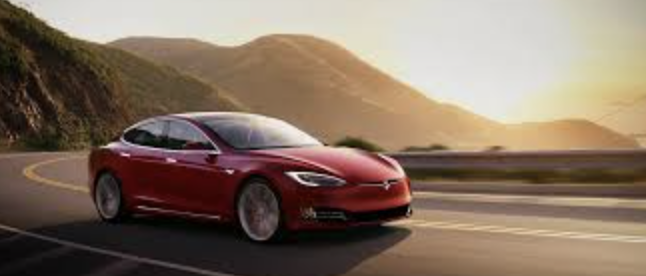 Self-driving, or autonomous cars, are revolutionizing the way the public looks at travel and car ownership. These vehicles turn active drivers into passive passengers, allowing motorists to rely on the car’s advanced computerized system to navigate the roads and avoid collisions. However, these cars may result in a serious Texas car accident, as the new technology is still being refined.
Self-driving, or autonomous cars, are revolutionizing the way the public looks at travel and car ownership. These vehicles turn active drivers into passive passengers, allowing motorists to rely on the car’s advanced computerized system to navigate the roads and avoid collisions. However, these cars may result in a serious Texas car accident, as the new technology is still being refined.
Autonomous vehicles rely on complex computer systems, sensors, actuators, and various algorithms to operate on the roads without an active driver. In theory, these cars provide a glimpse into a more environmentally friendly and safer future for road users. However, as it is, these features often present more dangers than benefits.
For example, recently, a national news report described a fatal Tesla crash involving a driverless vehicle. According to reports, the vehicle did not have a driver and was operating on high or full automation mode. As such, one of the occupants was in the front passenger seat, and the other occupants were in the back seat. The car was speeding along a dangerous curve when it slammed into a tree. Emergency responders used over 30,000 gallons of water to put out the massive fire that the collision sparked. Tesla did not respond to this incident but previously stated that their vehicles are intended to be used with an attentive driver who has their hands on the steering wheel. However, safety officials argue that the company does not do enough to deter drivers from depending too much on the vehicle’s features.
There are generally five levels of self-driving cars, ranging from Level 0, which is essentially zero autonomy, to Level 5, which is full automation. Texas is one of the few states which permits Level 2 vehicles on the road. This level allows companies to test their driverless cars on the roads. Although it is unclear when or if Texas will allow these vehicles on the roads next to regularly operated cars. However, these ever-evolving rules only heighten potential safety issues. Further, Texas accident lawsuits involving these vehicles are often complicated because of the various levels of automation, unclear safety standards, and driver responsibility.
In some situations, a self-driving car accident may result from a defective vehicle or safety feature. However, in other cases, a primary operator may hold some liability depending on the accident’s facts and circumstances. For instance, if a driver may be responsible for the accident if they were not attentive in the driving seat. In these cases, Texas’ modified negligence laws may be relevant. Under the law, a victim who is 51% or more responsible for the accident may not recover damages. It is important that injury victims consult with an attorney to determine their rights, responsibilities, and remedies after a Texas motor vehicle accident.
Have You Suffered Injuries in a Texas Car Accident?
If you or someone you love has suffered serious injuries in a Texas car accident, contact the experienced attorneys at Carabin Shaw. The accident attorneys at our law firm have over 30 years of experience advocating for injury victims. We provide our clients with respect, compassion, and zealous advocacy in their claims for damages. Our law firm handles cases stemming from motor vehicle accidents, medical malpractice, product liability, premises liability, and wrongful death. Through our representation, clients have recovered significant amounts of compensation for their damages. Contact our office at 800-862-1260 to schedule a free initial consultation with an attorney on our team.
 Texas Injury Lawyers Blog
Texas Injury Lawyers Blog

